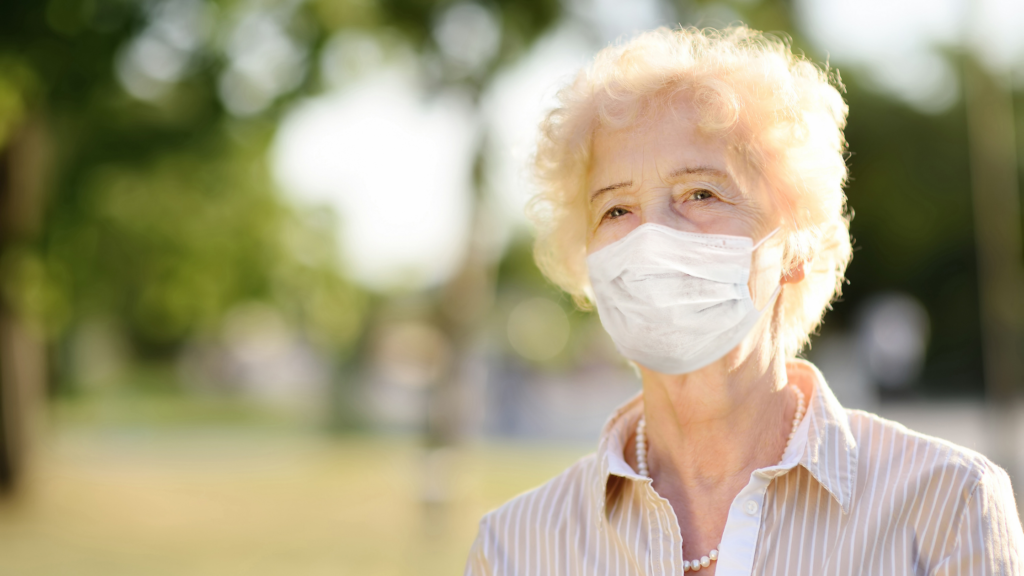Relationships can have a direct impact on a person’s overall health and well-being. Adults who maintain strong ties with others often report fewer health problems and may even live longer than those who report feeling lonely or isolated. Unfortunately, many seniors experience increased loneliness as they age, and the COVID-19 pandemic has only exacerbated the issue and triggered new mental health challenges.
Seniors are already vulnerable to loneliness
There are many reasons why older adults are more vulnerable to loneliness than other age groups. For one, many are transitioning to the retirement stage of their life. Work is a common place to meet and communicate with others. When seniors retire, they may become bored, especially if they don’t have productive ways to spend their day.
With time, people also lose loved ones more frequently. The death of a close friend, family member, or spouse can trigger loneliness. Seniors may also lose the ability to drive or experience mobility challenges that make it difficult to leave their homes. The pandemic has added challenges for seniors to connect with others, primarily due to social distancing.
How COVID-19 worsened loneliness among seniors
Older adults, in general, are the most vulnerable to COVID-19. For one, the immune system weakens with age. Older adults are also more likely to have chronic health conditions, like diabetes, heart disease, or cancer, which is known to increase the risk of becoming seriously ill from COVID-19. Certain medications that older adults commonly take also increases their risk of illness. Older adults have a greater chance of experiencing the most harmful effects of COVID-19, including hospitalization and death.
Because of this, the CDC recommended seniors take extra precautions to protect themselves from the virus. Many older adults quarantined themselves and avoided seeing anyone who could give them the virus. Long-term care communities banned visits from friends and family to reduce the risk of spreading the disease in their facility.
Before the pandemic, many seniors actively participated in activities at church and senior centers. Some received social interaction from community services and programs like home health, respite care, or adult daycare. For those with limited mobility, their only communication may have been when they received these services.
Consequences of loneliness
Loneliness and social isolation are major risk factors that have been linked to various health problems. High blood pressure, heart disease, obesity, and a weakened immune system are a few physical conditions associated with chronic loneliness. Those who don’t feel connected to others can also suffer mental health issues, like anxiety, depression, cognitive decline, and dementia. Studies have even shown a positive correlation between loneliness and mortality.
Signs of Loneliness
There are a few ways to recognize someone is lonely or isolated during the pandemic. For one, those who feel lonely may not exercise as often as they used to. They may also drink or smoke more frequently. Loneliness may also lead to a disruption in sleep quality. Each of these can increase the risk of health problems.
Staying connected with older adults
If you are concerned about a senior loved one being lonely or isolated, one of the best ways to help is by keeping in touch. Although the pandemic makes it most difficult, it’s not impossible. Technology makes it easier than ever to stay connected with a loved one, even if you can’t be in the same room.
Taking the initiative to call or text older friends and family can be a huge help. Or, schedule a Zoom call so you can have some face time. Social media is another excellent tool. Loneliness has been a concern among the senior population long before COVID-19. Now is a fantastic time to find ways to keep them engaged.


